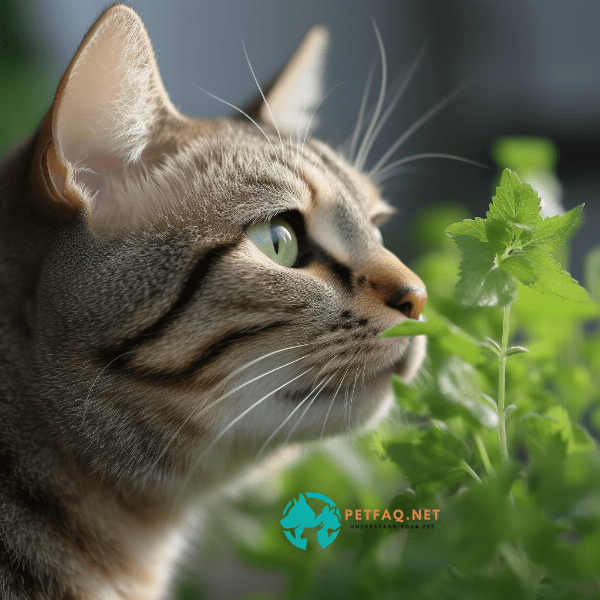There are a variety of plants and substances that can affect a cat’s behavior, both positively and negatively. Some of the most common include:
1. Valerian root: Like catnip, valerian root contains compounds that can cause relaxation and mild sedation in cats. It can be used to help calm anxious or stressed cats, but should be used in moderation and under the guidance of a veterinarian.
2. Silver vine: Similar to catnip, silver vine contains compounds that can cause playful and stimulating behavior in cats. It is commonly used in Japan as a cat stimulant and is gaining popularity in other parts of the world as well.
3. Honeysuckle: Honeysuckle wood contains a compound called nepetalactone, which is similar to the compound found in catnip. It can cause playful behavior in cats and is often used in cat toys.
4. Marijuana: Marijuana contains compounds called cannabinoids, which can affect cats in a variety of ways. Ingestion of marijuana can cause lethargy, confusion, and loss of coordination in cats, and in severe cases can lead to respiratory and cardiovascular problems.
5. Lilies: Certain types of lilies, such as Easter lilies and tiger lilies, can be toxic to cats if ingested. Symptoms of lily toxicity include vomiting, diarrhea, and kidney failure, and can be life-threatening if not treated promptly.
6. Chocolate: Chocolate contains a compound called theobromine, which can be toxic to cats if ingested in large quantities. Symptoms of chocolate toxicity include vomiting, diarrhea, rapid breathing, and seizures, and can be life-threatening if not treated promptly.
7. Essential oils: Certain essential oils, such as tea tree oil and eucalyptus oil, can be toxic to cats if ingested or inhaled. Symptoms of essential oil toxicity include vomiting, diarrhea, lethargy, and difficulty breathing.
It’s important to note that while some of these substances can be beneficial for cats when used properly, many of them can also be harmful or even toxic if not used in moderation or under the guidance of a veterinarian. As always, it’s important to monitor your cat’s behavior and health closely, and to consult with your veterinarian if you have any concerns.
Read more:Catnip and Hyperactivity: Myth or Reality?

